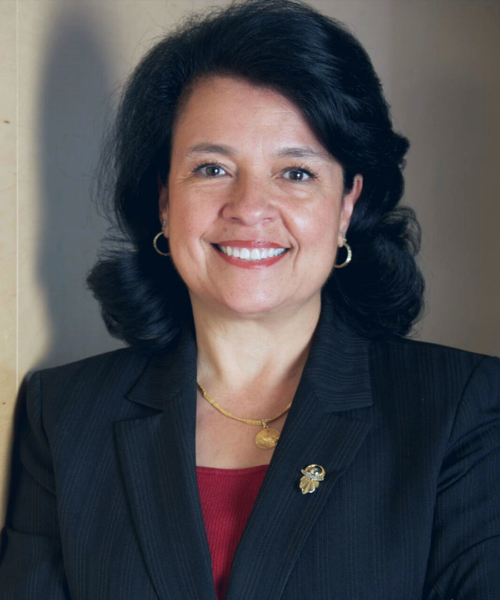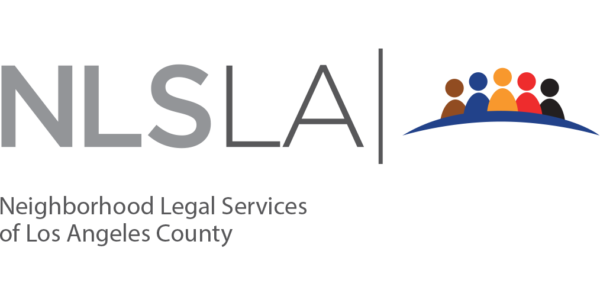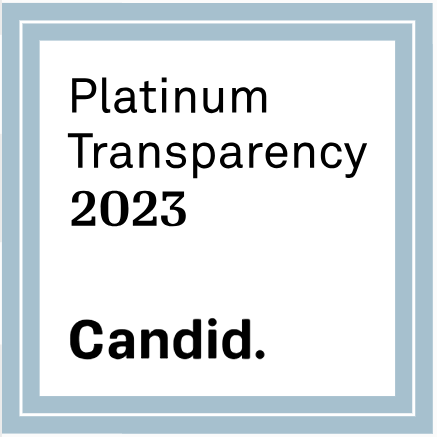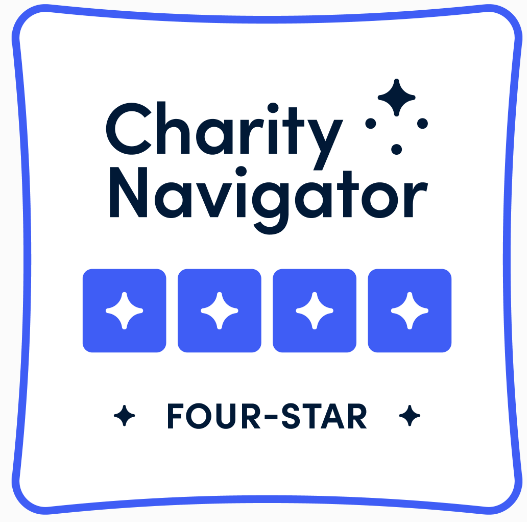A Letter from the President and CEO
 I’m delighted to share our first newsletter of 2020 with you, our friends and supporters. Our work would not be possible without your financial support and partnership, and I am grateful for your continued commitment to bringing justice to people living in low-income communities in Los Angeles County.
I’m delighted to share our first newsletter of 2020 with you, our friends and supporters. Our work would not be possible without your financial support and partnership, and I am grateful for your continued commitment to bringing justice to people living in low-income communities in Los Angeles County.
I want to take this opportunity to let you know about some of our major accomplishments from last year, and to share with you what we’re looking forward to in 2020.
In 2019, our groundbreaking Medical Legal Community Partnerships (MLCPs), which place attorneys in clinics and hospitals, became a permanent part of the Los Angeles County health delivery system. In four clinics and three hospitals, our lawyers have been working with medical staff to identify and address legal issues standing in the way of individual and community health, including substandard housing and lack of access to benefits.
Through two successful lawsuits, we secured significant protections for Medi-Cal recipients with serious and chronic conditions requiring specialized care. These patients – including people with neurological disorders, cancer, end-stage renal disease, and rare genetic conditions – will no longer be pulled from the successful treatments that have kept their health from deteriorating.
As you’ll read more about in this issue, our nationally recognized network of Self-Help Legal Access Centers reached more than 150,000 people last year – more than in any previous year. The centers assisted litigants in 60% of family law cases and 40% of all eviction cases filed in Los Angeles County.
A successful housing lawsuit secured protections for 45,000 families receiving Section 8 vouchers, ensuring they will no longer be subject to sudden, steep rent hikes that threatened to throw them into homelessness.
NLSLA’s housing advocates won significant relocation benefits for the residents of a mobile home park that was scheduled for closure.
NLSLA halted the planned dismantling of a homeless encampment not far from our Pacoima office, preventing the displacement of close to 50 individuals. Our advocates then partnered with other organizations to help locate permanent affordable housing and provide much-needed social and legal services, such as access to government benefits and expungement of non-violent criminal records.
The NLSLA-led Shriver Housing Project, which brings together four prominent legal services organizations to expand access to representation for people facing eviction, helped more than 2,300 people in danger of losing their housing.
These are, of course, but a few examples of work that changed lives and transformed communities in 2019. We plan on building on those successes in the months to come. For example, we are expanding our MLCPs, adding three clinics to the growing network. We also plan to increase our health advocacy efforts around medical debt, and to pursue several lawsuits seeking to improve the lives of Medi-Cal patients, including one challenging the poor, often dangerous medical transportation system that low-income patients must rely on to get to dialysis treatments and other critical medical appointments.
NLSLA, in collaboration with its sister legal aid organizations, will launch the first phase of Los Angeles County’s Right to Counsel effort, representing individuals and families at risk of losing their rental housing in the areas of Van Nuys and Lancaster. Our partners will focus their efforts in Norwalk and at the Stanley Mosk Courthouse.
We will also further develop our work around substandard housing and lead poisoning. We will continue to focus on increasing services in the Antelope and San Gabriel Valleys, areas that have historically high rates of poverty and lack of access to services. Finally, we will continue to grow our work with the City and County of Los Angeles to address homelessness, link re-entry adults to workforce development and address the needs of children with special needs.
Again, this is just a snapshot of what’s to come and what is possible with your continued contribution and partnership. I hope it will give you a sense of the exciting, important work our advocates are doing, and of how, with your support, that work will grow in the coming months.
With gratitude and excitement,



